Balanza de precisión 5Y.15.PM

- Posibilidad de pesar cargas de hasta 120 kg en un platillo grande con alta precisión y buena repetibilidad,
- mínimo error de excentricidad en todo el rango,
- medición rápida y estable (alcanzable en 1 segundo),
- estabilidad de los parámetros en el tiempo y en el transporte,
- construcción sólida basada en un más grande y alto,
- sistema de protección de sobrecarga de 4 puntos incorporado,
- dimensiones del platillo de pesaje adaptadas a la precisión de la balanza,
- calibración interna

MONO
BLOCK® . El cambio de la estructura monobloque permitió trabajar con una precisión de 0,01 g con una capacidad de carga de 20 kg y de 0,2 g con una capacidad de carga de 120 kg, repetibilidad a partir de 0,01 g y resistencia a los cambios de las condiciones ambientales.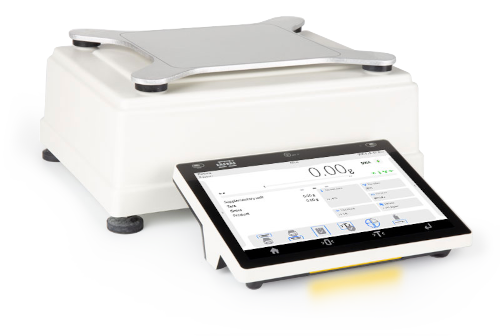
Las balanzas 5Y.PM también son:
- pantalla táctil,
- fácil puesta en marcha, manejo intuitivo y ergonomía de trabajo,
- conformidad con 21 CFR Parte 11,
- auditoría de pesaje digital DWA® (Digital Weighing Auditor),
- método de varias etapas de verificación del usuario,
- alertas de luz Ambient Light,
- Hotspot,
- RFID,
- texto de Live,
- historial de referencia de mediciones dentro de la Handy Library,
- widgets.

Aplicación

21 CFR Parte 11









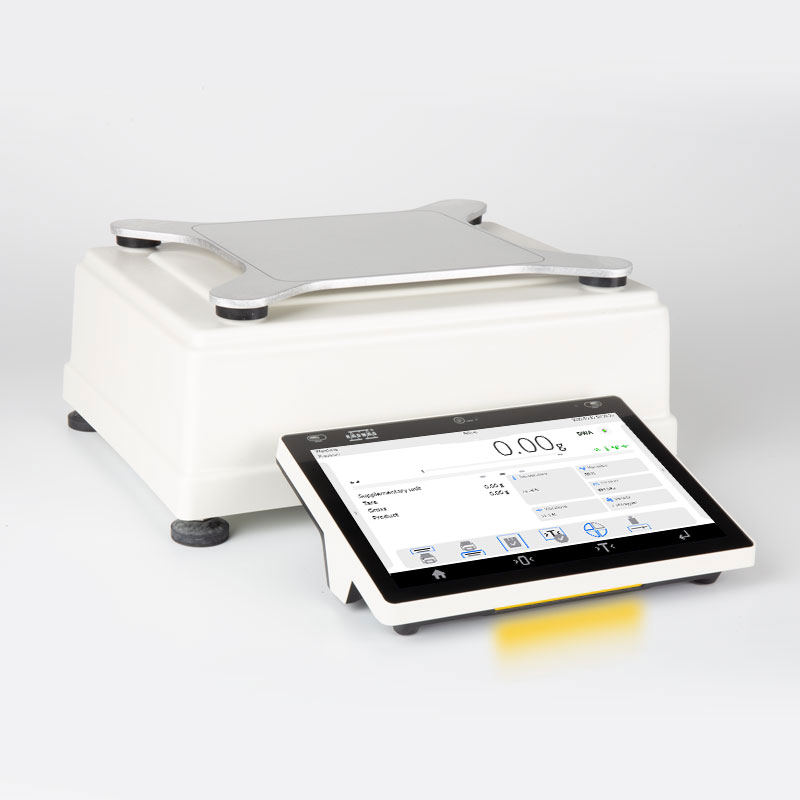
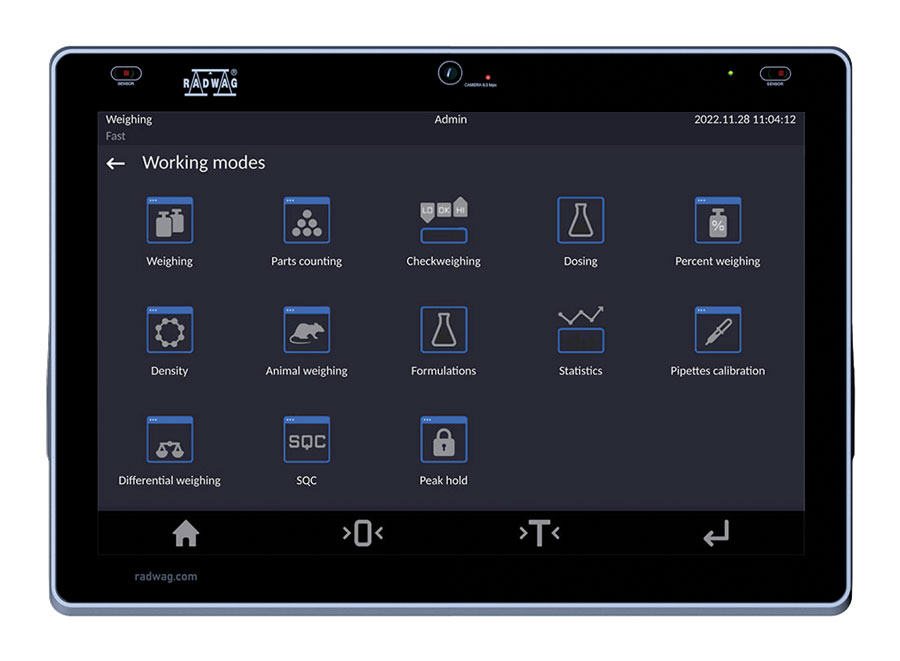
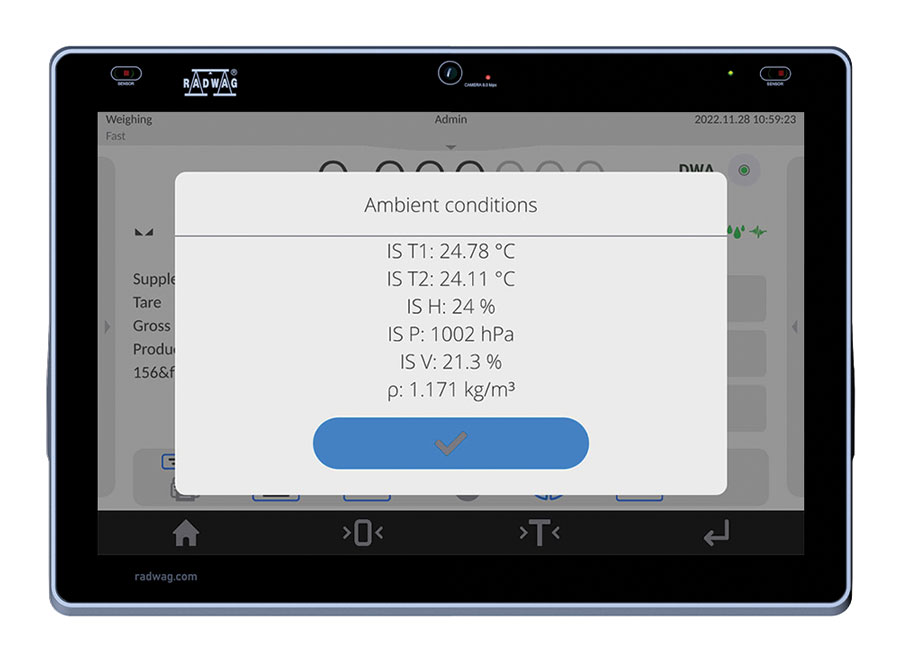
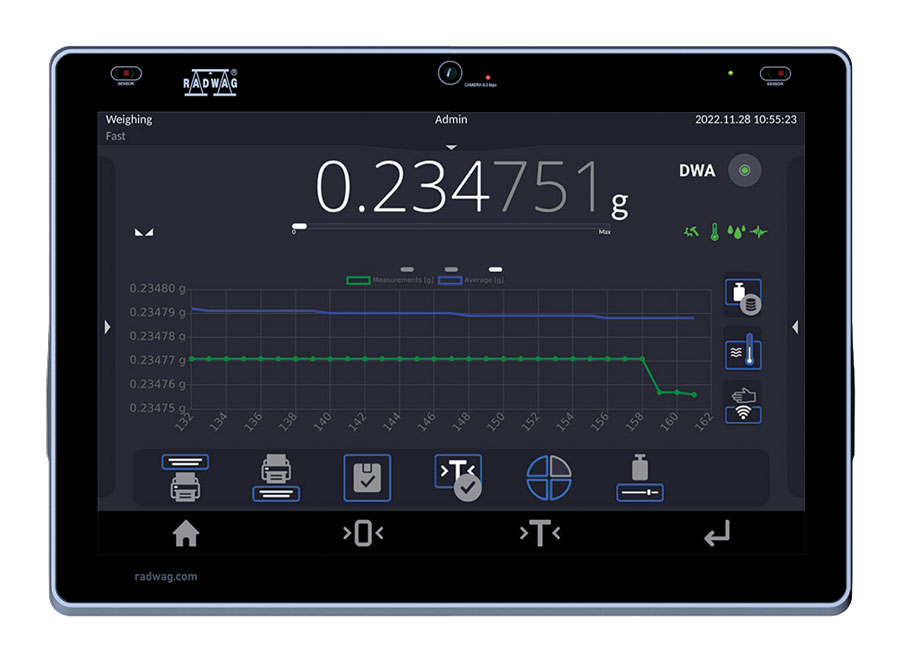
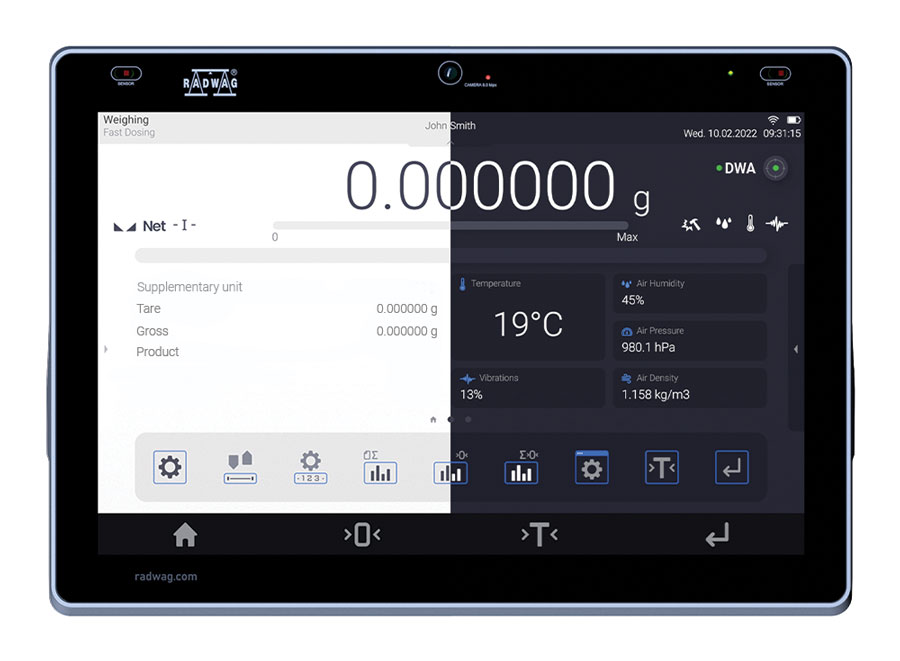
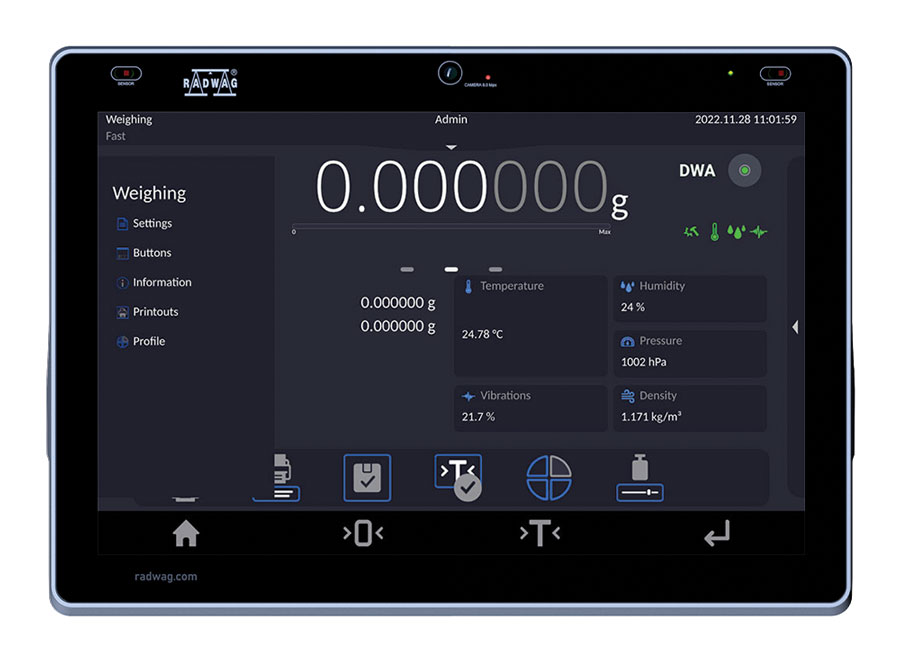
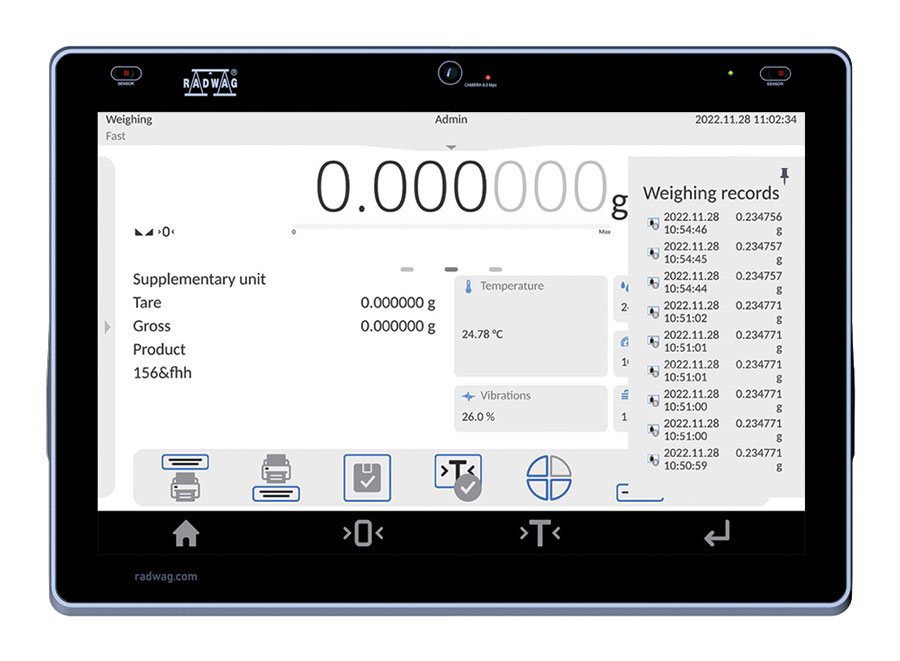
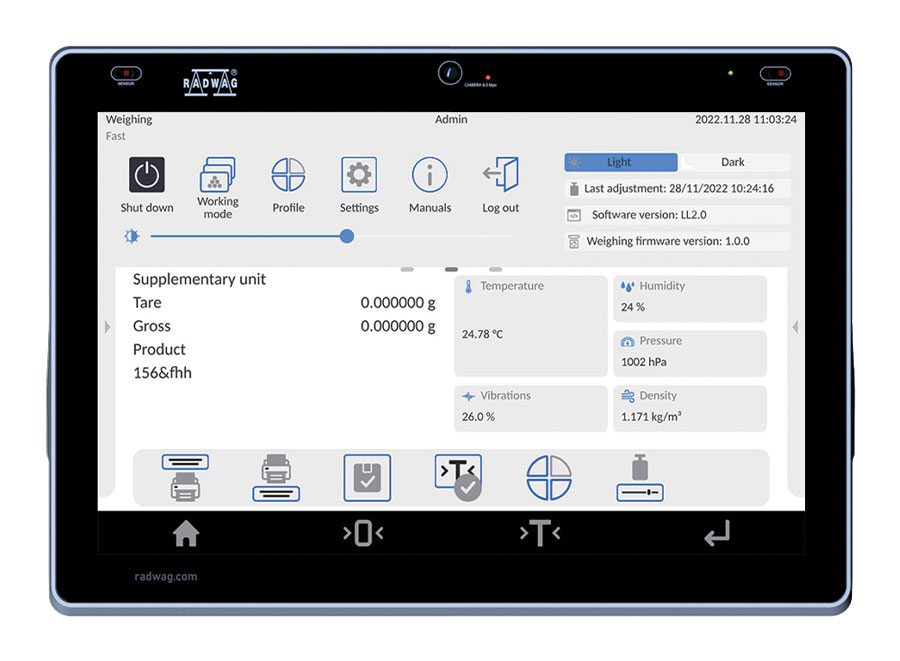
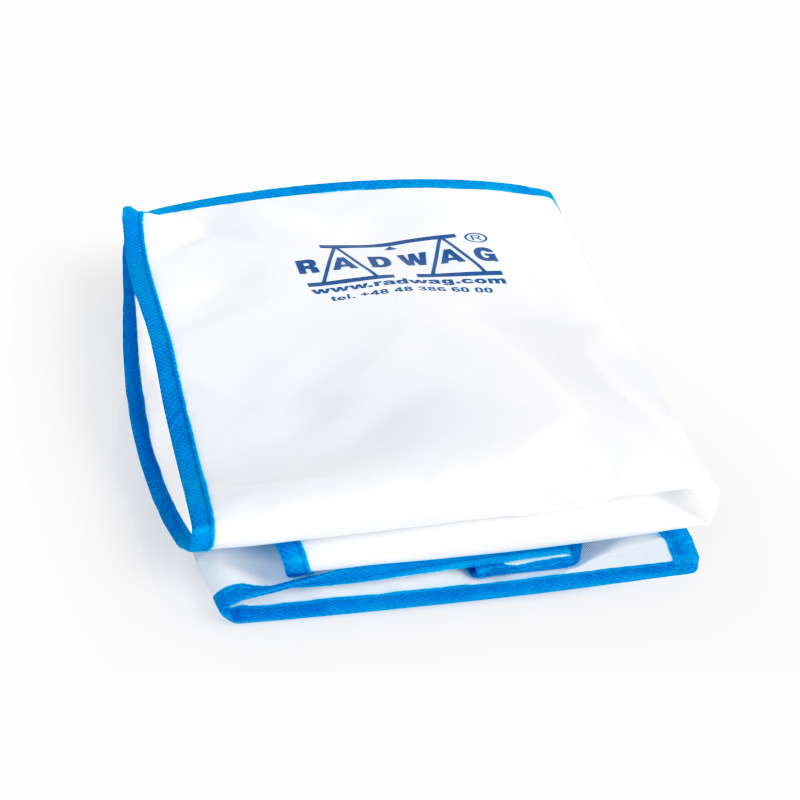


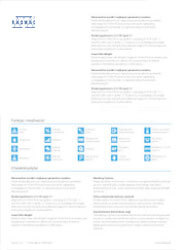
 Albanian
Albanian Danish
Danish Nederlandse
Nederlandse Estonian
Estonian Finnish
Finnish Hungarian
Hungarian Icelandic
Icelandic Kazakh
Kazakh Latvian
Latvian Lithuanian
Lithuanian Macedonian
Macedonian Norwegian
Norwegian Portuguese
Portuguese Romanian
Romanian Russian
Russian Slovak
Slovak Slovenian
Slovenian Swedish
Swedish Ukrainian
Ukrainian Serbian
Serbian Montenegrin
Montenegrin Português (Brasil)
Português (Brasil) Deutsch
Deutsch English
English Français
Français Italiano
Italiano Japanese (日本語)
Japanese (日本語) Polski
Polski Türkiye
Türkiye Česky
Česky 中文
中文




















